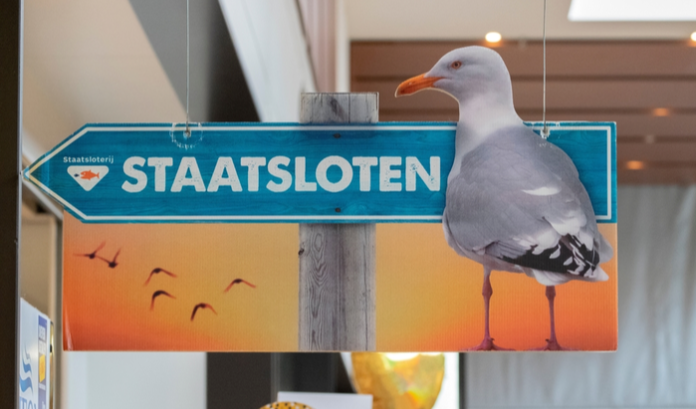Kansspelautoriteit (KSA), the Dutch gambling authority, has cautioned Nederlandse Loterij for illegally advertising on a football pools site.
The regulator rules that football pools are games and no gambling advertisements are allowed to be displayed there.
Disobedience of the laws provoked a stern response from the KSA who ordered that the advertisements be scrapped.
“The KSA has approached two providers about advertising in a game in which people can create a World Cup pool,” the KSA said on its website. “This is not allowed. This is to prevent people interested in games, mostly young people, from being tempted by advertisements to participate in games of chance. The gambling providers have stopped doing this.
“In the past week, a number of providers of games of chance were again called to account for the prohibited use of role models in advertising or sponsorship. The name or logo of a gambling company cannot be in the same communication as the image, voice or name of a role model. This also applies to sponsoring an event or TV programme. These providers have been summoned to stop the violation and have complied.
“In addition, the KSA addressed a party advertising betting on a match while that match was in progress. That is not allowed to prevent impulsive behaviour among viewers of those matches. The provider immediately stopped the violation. A local café where bets were organised on the matches of the Dutch national team also had to deal with the KSA. This form of betting is an illegal game of chance, and that is not allowed. The café immediately stopped offering the bets.”
However, as reported by NOS, Nederlandse Loterij – the company behind Toto Online, has expressed surprise at the ruling.
“Because Toto wants to comply with the law, the advertisement has been removed and Toto has asked the Gaming Authority for clarification.
“It was fined 400,000 euros two weeks ago because advertising for gambling had been sent to young adults, among others.”




























